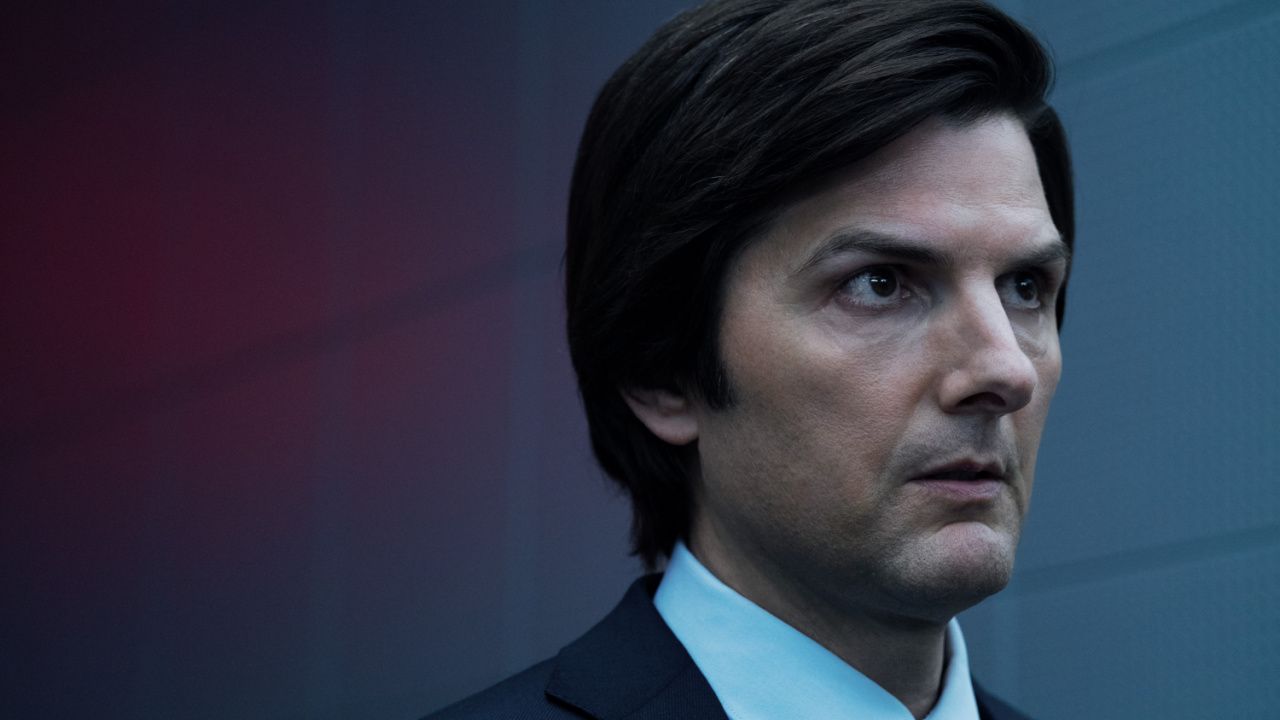Isaac Hayes III Explains Why He’s Threatening Trump Over Copyright

After a lawsuit was threatened over the weekend against Donald Trump and his presidential campaign, the White House hopeful’s attorneys have continued to ignore the family of late soul icon Isaac Hayes, as they allegedly have for years. Meanwhile, the artist’s son and a lawyer representing the Hayes family have attempted to stop the use of an early hit song penned by the singer at rallies and events, both claimed on Monday.
Isaac Hayes III, the Grammy-winning soul music legend’s son, confirmed with The Hollywood Reporter what he’d posted online over the weekend — that the family plans to file a lawsuit over the Trump camp’s use of the Sam & Dave hit “Hold On, I’m Comin’” at its rallies. Hayes said that by his count, it’s been used 135 times over the past several years without Trump’s team ever asking permission or paying to license the soul classic.
The track was the first hit Isaac Hayes co-wrote and was heard as recently as Aug. 9 at a Montana event for Trump and as far back, as Hayes recalled, at a 2022 National Rifle Association rally that occurred in the wake of the Uvalde school shooting, where 19 children and two adults were murdered. Trump closing his speech to that particular track, which he danced to, is particularly egregious to Hayes. Given its title and it being played around 300 miles from the tragic mass shooting that brought scrutiny of the local police’ slow response, using it to promote guns irks Hayes.
“I was pissed,” Hayes told THR. “There’s just been a mass shooting. So why are we using it at the NRA convention? I wanted to take legal action because Trump has made statements against women, and here is a man who has been convicted of sexual abuse. I’m a brother to seven sisters, and I don’t want anybody to think of ‘Hold On’ and think of Donald Trump.”
Over his three campaigns, several artists and musical groups have released public statements that Trump and his campaign have used their copyrighted songs at MAGA rallies and campaign gatherings without legal permission, often to pump up crowds there or elicit emotional reactions from them. Like Hayes, Adele, Earth Wind and Fire, Tom Petty’s estate and John Fogarty have all issued statements asking the campaign to stop this. Last week, Celine Dion also took to social media to disavow the use of “My Heart Will Go On” at a rally.
Under copyright law, a party that perceives itself wronged has certain time constraints to put an alleged offender on notice and then must move on to certain proceedings. James L. Walker, an attorney representing the Hayes family, said the complaint must be filed now to ensure the case begins before time runs out.
“Ultimately, I think Isaac [Jr.] has been nice about it by asking him kindly to remove it. And when someone doesn’t respect your time, you’re left with no other alternative than to take it to a courtroom. Both he and the late Hayes’ son received radio silence from lawyers for Trump and his administrative staff, they said.
But why is Hayes one of the few to threaten to sue the ex-president and current hope to retake the office in November? The hassle, mostly, according to Walker, and the price tag that comes with Trump to court.
“Most of these artists just don’t want to take time or any of the smaller artists don’t have the money resources. And to know how Mr. Hayes is in that rare category where he understands copyright, he understands how you protect yourself, how you protect your publishing. So he knows this just as well as anybody else, if not better,” Walker explained.
Hayes also said that it was only in 2022 that the estate acquired the rights to the 1966 classic that Trump casually shimmied to on stage alongside the NRA top brass. Copyright protection begins with the first publication of the work, for a period of 28 years that’s renewable for an additional term of 28 years, for a total term of protection of 56 years.
As for the potential case, both Walker and Hayes are confident they would win. Walker explains that copyright law is pretty straightforward, and Trump would lose his case and have to pay a lot more than $3 billion.
“I expect a full takedown of the song and the amount that was requested,” Hayes said. “And never, never use that song again.”
Read the original article here






